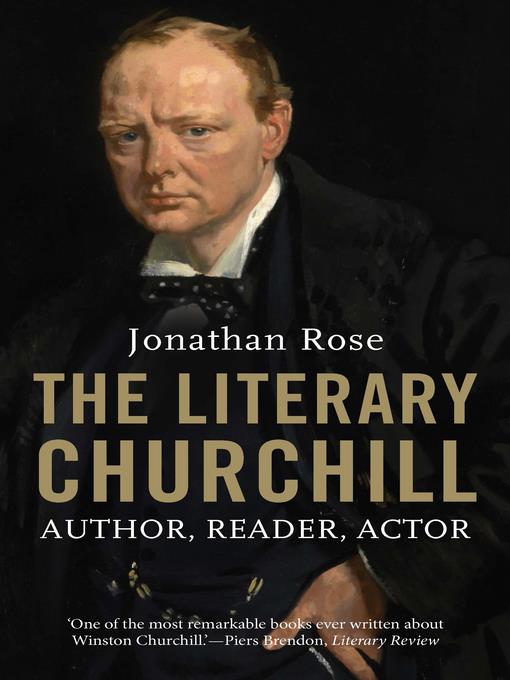
The Literary Churchill
Author, Reader, Actor
کتاب های مرتبط
- اطلاعات
- نقد و بررسی
- دیدگاه کاربران
نقد و بررسی

Starred review from April 15, 2014
A study of the statesman that demonstrates how "literature can illuminate political behavior in ways that more conventional methodologies cannot." From his early career as an intrepid journalist through his roles in nearly every post in the British government, Winston Churchill (1874-1965) fashioned himself as the hero. "There was no clear distinction between Churchill the soldier, Churchill the politician, and Churchill the author," writes Rose (History/Drew Univ.; The Intellectual Life of the British Working Classes, 2001, etc.). "[A]ll three were engaged in performing and publicizing a common narrative." That narrative reflected Churchill's ardent belief in both his own greatness and the "great man" theory of history. "In Politics," he wrote to his mother, "a man, I take it, gets on not so much by what he does, as by what he is. It is not so much a question of brains as of character & originality." Churchill's character, Rose argues, was shaped by books: history (especially authors who championed an imperialist worldview), novels (H.G. Wells was a favorite) and plays (George Bernard Shaw). "Churchill was congenitally ornery, an inborn individualist who kicked against any kind of restrictions," writes Rose. "His reading informed, refined, and mobilized his instinctive libertarianism to political action." His political views emerged in his huge output of writing, as well: novels, memoirs, biographies and history. Fiction and fact often blurred in his work; he recognized that deft selection of details could "transform a military disaster into an aesthetic triumph." Nor did facts hamper his oratory: "When politics is theatre," writes the author, "the substance matters less than the script. Often Churchill was a prisoner of his own rhetoric, willing to adopt almost any ideological stance as long as it offered an opportunity for a great solo performance." Rose's swift, incisive narrative portrays Churchill as a brilliant, if flawed, manipulator of political theater and a star of a tumultuous long-running drama: the history of the British Empire.
COPYRIGHT(2014) Kirkus Reviews, ALL RIGHTS RESERVED.

























دیدگاه کاربران